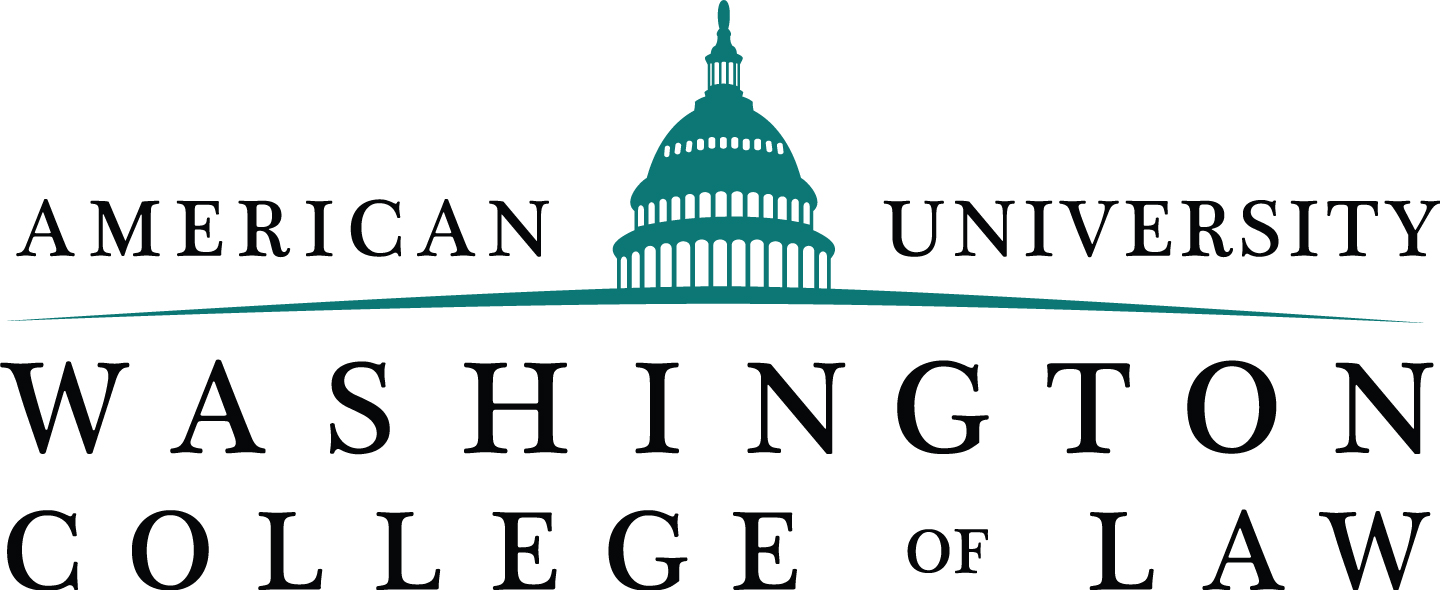What Is Corporate Compliance?
Corporate compliance refers to the internal set of rules that govern an organization. Often, a company’s management, board and stakeholders help establish these rules, which are intended to help the organization meet certain objectives and comply with laws.
Many companies have corporate compliance training programs that cover policies and procedures, which may include employee codes of conduct, safety guidelines and steps for resolving compliance issues.



